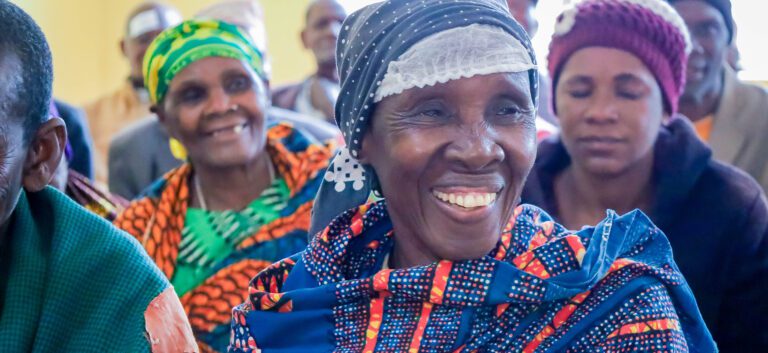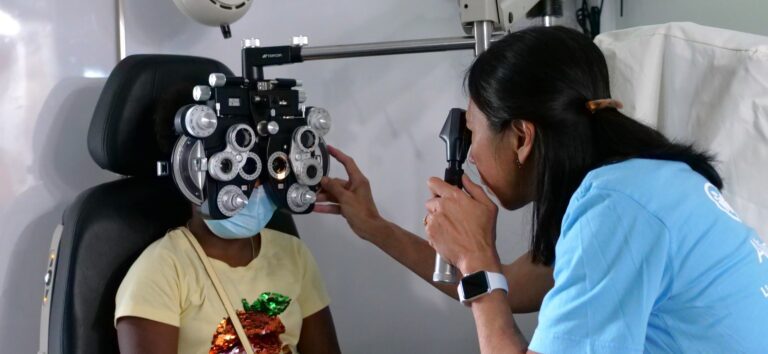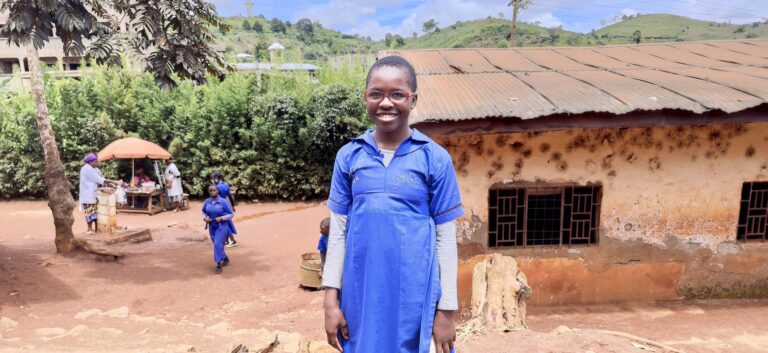Deepening Knowledge – And Expanding Sources Of Income – With Additional Training
Through community farming, Helen Keller Intl gives communities access to locally grown, nutritious foods – and we work to ensure that the knowledge stays within local communities for years to come. And once communities are growing their own vegetables or tending to poultry farms, we also work to deepen this knowledge, providing additional training and opportunities for income. Our program teams are constantly innovating to find the most cutting-edge practices to share with community farmers.
Worm raising offers a new income source during the pandemic for families in Vietnam
Vermiculture is a low-cost technology that improves soil health, contributes to sustainable animal waste management, and provides nutritious feed for livestock. Worms eat food scraps, animal waste (buffalo, cow, pig, sheep, etc.), and other organic materials which are transformed into vermicompost through worm excretions. This compost becomes valuable – it improves soil quality and texture, increases agriculture production potential, and can offer a livelihood for families who produce and sell it.
In Vietnam, Helen Keller began to support worm raising for households in communities like Hoa Binh and Lai Chau during the pandemic, beginning in June 2020. Families receive financial and technical support to buy seeding worms and prepare cages and worm farms. Some households also earn income from selling seeding worms: Sung A Phu, from Giang Ta village in Lai Chau province, earned nearly 7 million VND (around $300) from vermiculture production, selling worms and vermicompost to other households.
While this is a new initiative, it’s already having an impact in Vietnamese communities during a time when resources are strained, and the global economy has slowed.
Bamboo vinegar offers a new way for growers in Myanmar to fend off pests
In Myanmar, Helen Keller is expanding our work with local communities who are already cultivating vegetables in their own home gardens. We are offering training and materials to produce bamboo vinegar, which is used as an organic, natural pesticide that helps ward off pests in the gardens, increases healthy microbial growth in the soil, and improves seed germination and plant growth. Participants in this additional training receive materials and learn how to construct a bamboo vinegar-making apparatus, along with seeds and technical assistance.
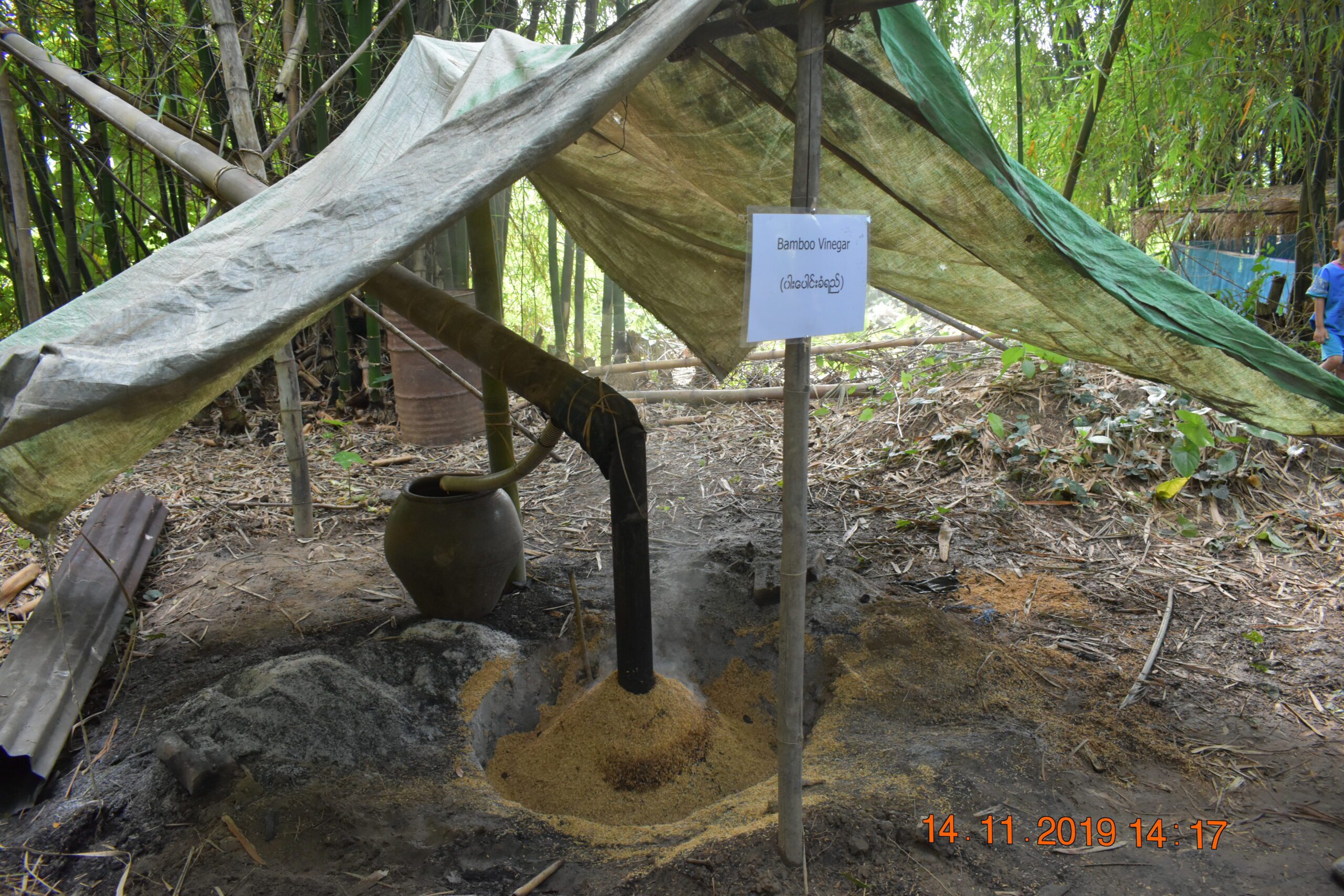
Daw San San Myint, a vegetable grower from Hpa Yar Pho village in the south of Myanmar, close to Thailand, supports her young child with her vegetable garden. She picks fresh, nutritious, leafy vegetables for her family and sells the surplus to buyers in her community and surrounding areas. After already seeing benefits from Helen Keller’s programs, she was interested in the opportunity to learn about bamboo vinegar production. She attended a bamboo vinegar production demonstration, where she also received the materials to get started herself. She learned how bamboo vinegar is made, how she can use vinegar in her vegetable gardens, and other useful practices.
Daw San San Myint now produces and uses bamboo vinegar liquids in her home garden. She no longer needs to buy chemical fertilizers and pesticides, which reduces her costs.
“I’ve gotten extra income for my family for vegetable plantation by using organic methods during this difficult time,” she told us.
Training investment has a ripple effect in local communities
Daw San San Myint is also educating others in her community about the benefits of this natural pesticide. Fellow program participants come to learn about her garden, and she demonstrates how to avoid chemical pesticides and fertilizers, while growing bountiful, nutritious food. Not only is Daw San San Myint a role model for others, but she is helping a whole community develop the methods for a more environmentally safe and sustainable world.
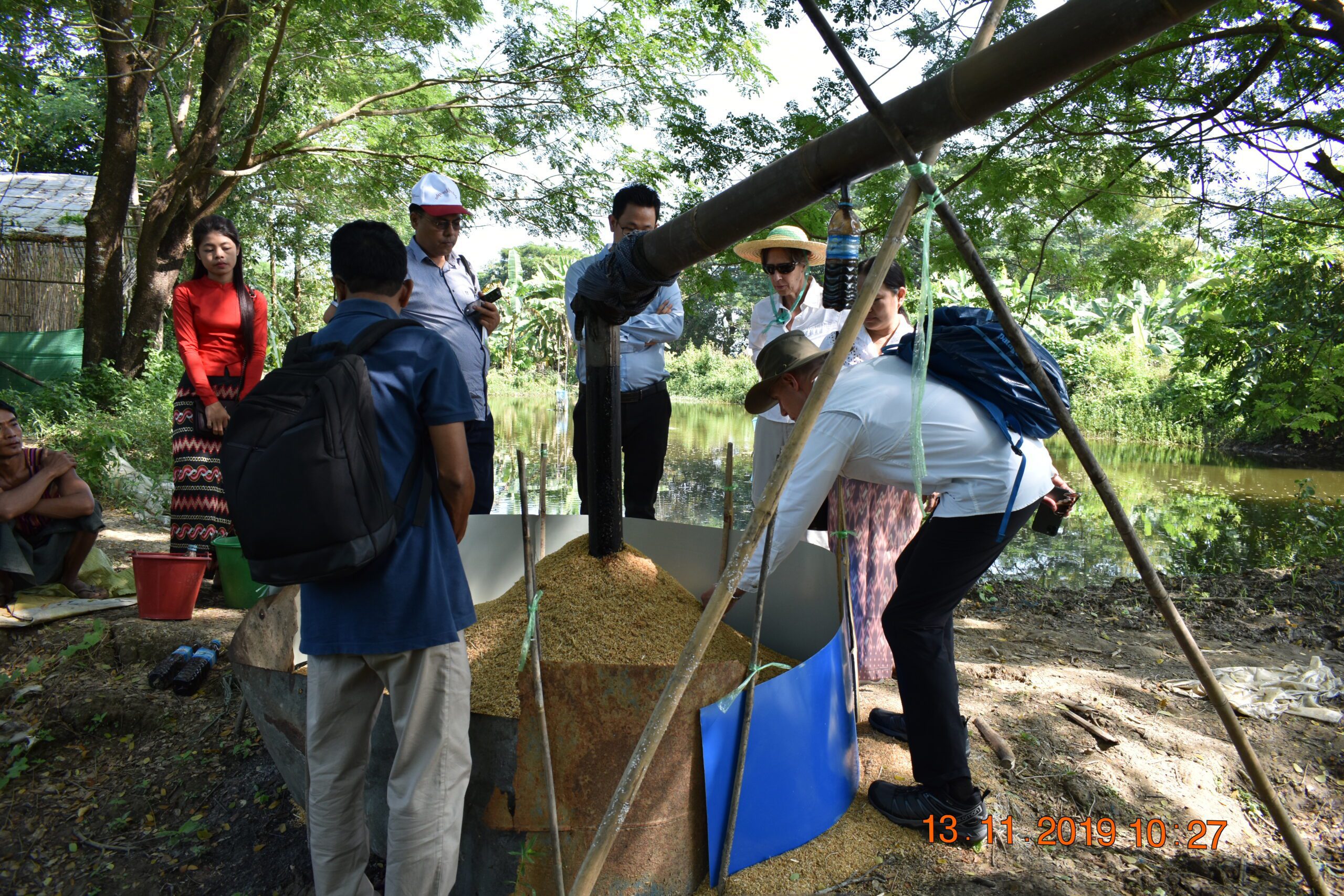
Helen Keller programs in other communities are similarly expanding training and income-generating opportunities for participants. An initial investment can have a ripple effect in a community, where trainees become the trainers, and knowledge is shared to improve nutrition, income, and health.
With your help, we can continue to keep building these initiatives in areas of great need.
While many communities face the devastating effects of climate crises and pandemic shutdowns, our farming initiatives have sowed the seeds (literally) for communities to sustain themselves.
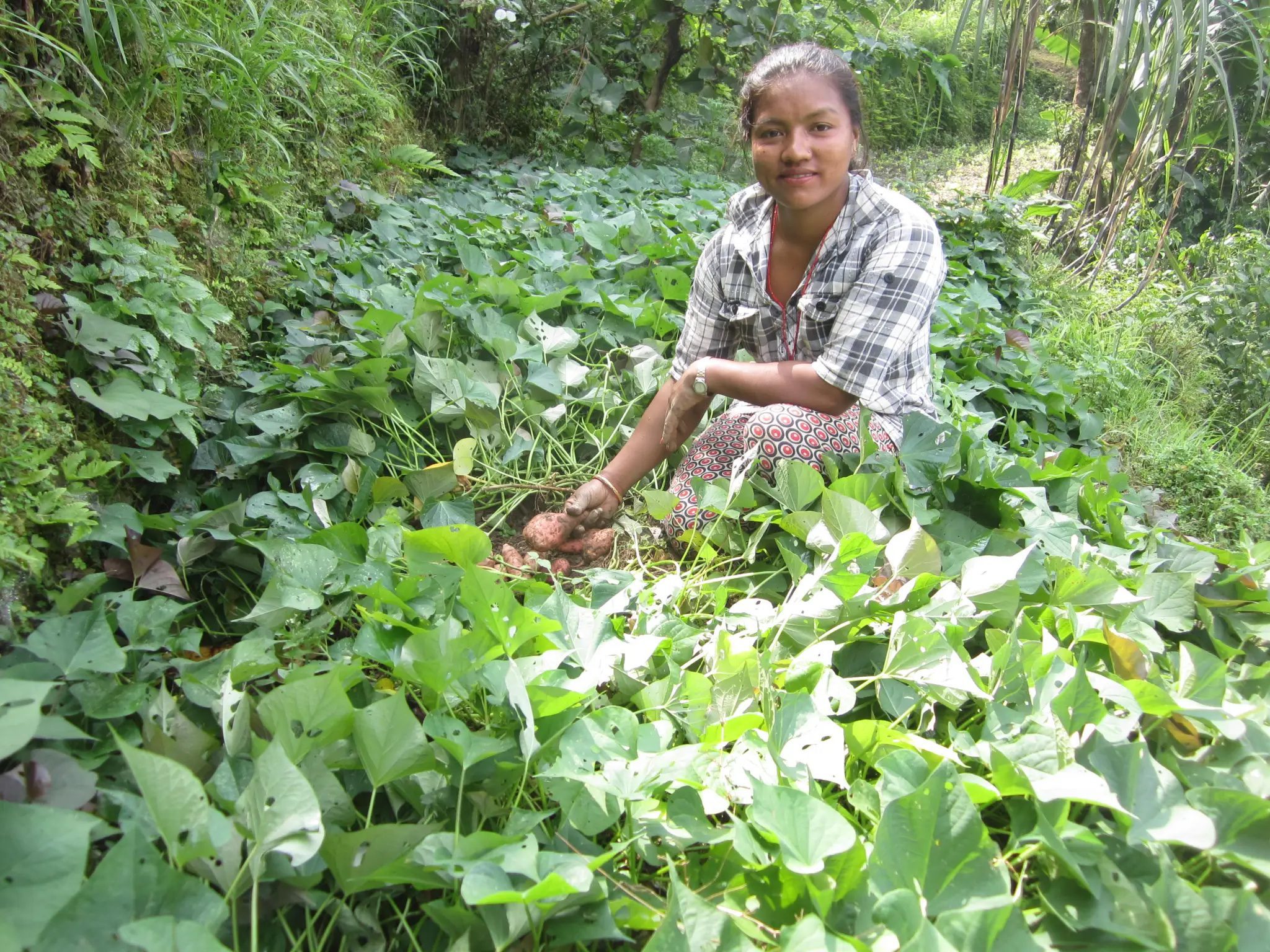
Our global community of compassionate individuals is already making a difference – but there’s so much more to be done. We can change the future if we respond effectively and powerfully now.

